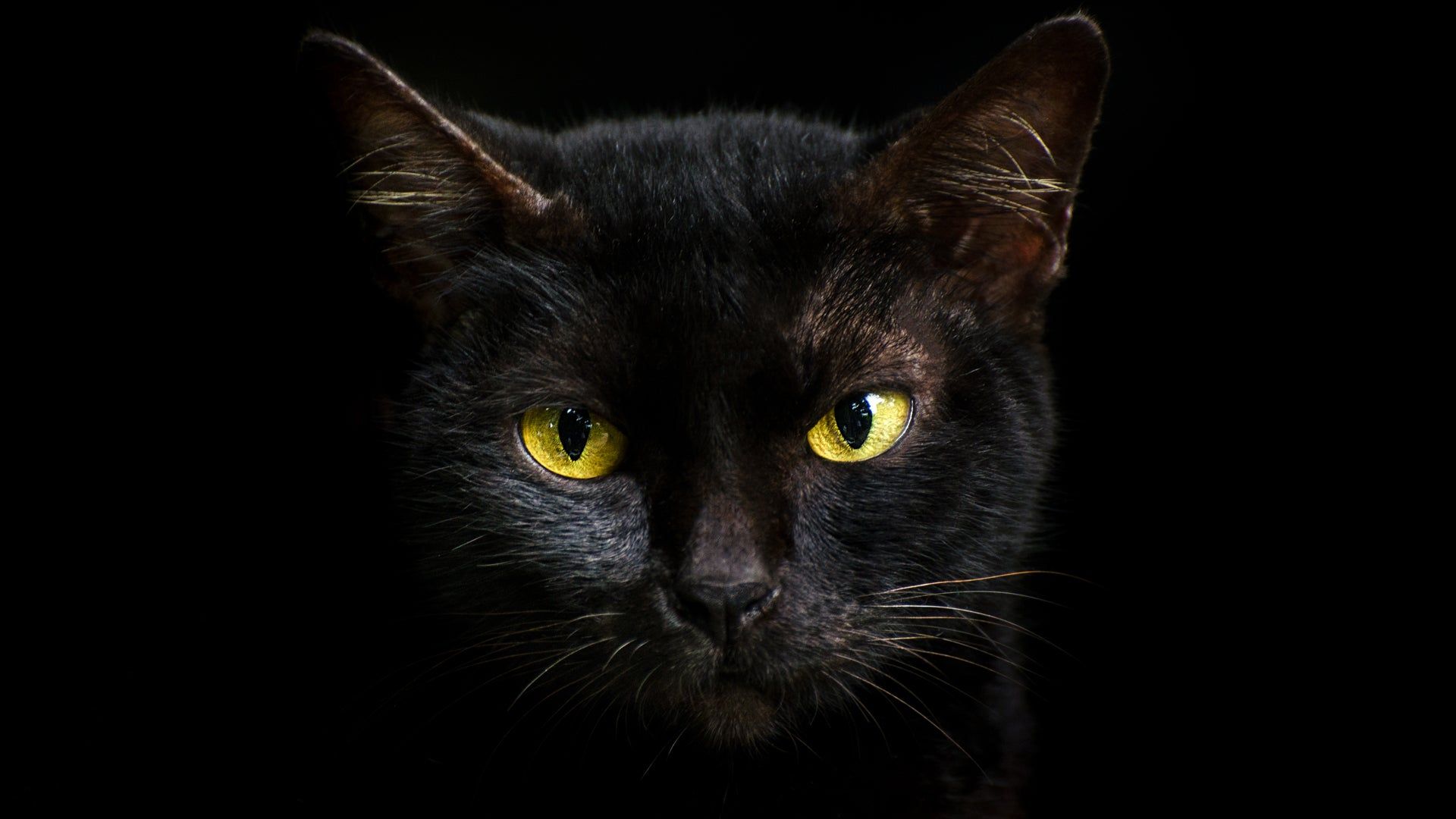Superstitions are deeply ingrained in cultures around the world, often defying logic and rationality. While some superstitions may seem harmless or even amusing, others can have significant cultural and social implications. From avoiding black cats to throwing salt over one’s shoulder, here are some weird superstitions observed across different cultures.
- In India, the sight of a crow cawing near one’s house is considered ominous, as it is believed to foretell the arrival of guests or the news of a death. Similarly, the breaking of a glass is seen as a bad omen, often signaling impending misfortune or an argument within the household.
- In many societies, crossing paths with a black cat is considered unlucky, stemming from the belief that black cats were associated with witches and evil spirits during the Middle Ages. Similarly, breaking a mirror is said to bring seven years of bad luck, a superstition rooted in ancient Roman beliefs that mirrors contained fragments of one’s soul.
- In Turkey, it is believed that chewing gum at night turns it into the flesh of the dead. This superstition has led to a cultural taboo against chewing gum after dark.
- In Brazil, it is believed that placing your purse or wallet on the floor will lead to financial loss or poverty. Instead, Brazilians prefer to keep their money and valuables elevated to attract wealth and prosperity.
- While some superstitions suggest throwing salt over your shoulder for good luck, others believe that spilling salt is an omen of bad luck. This superstition dates back to ancient times when salt was a valuable commodity and wasting it was seen as disrespectful to the gods.
- Sneezing has long been associated with superstitions around the world. In some cultures, such as Japan, sneezing once is considered good luck, while sneezing multiple times consecutively is seen as bad luck. Other superstitions dictate saying “bless you” after a sneeze to ward off evil spirits.








